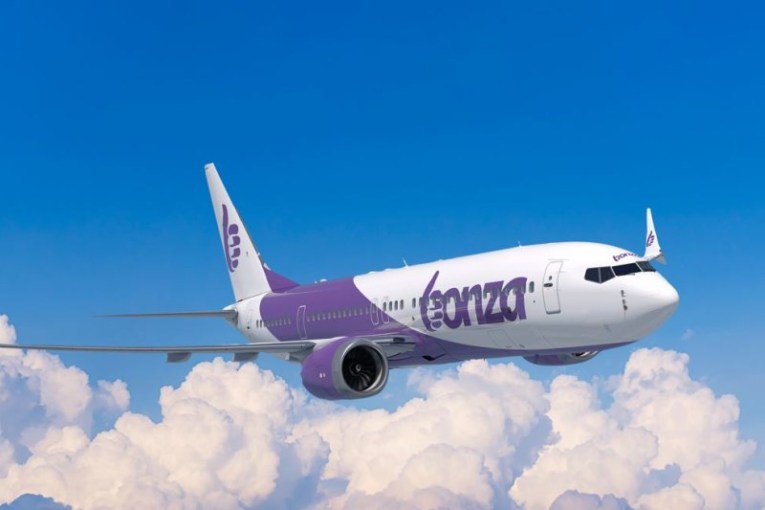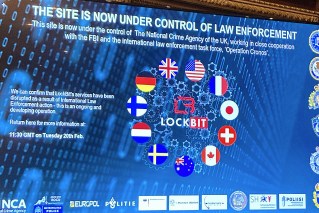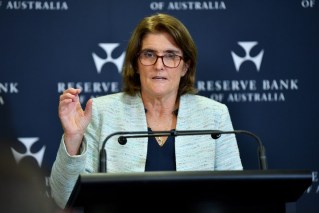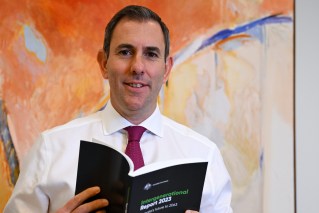Risky business: What happens when company boards take their eye off the ball
With so many potential pitfalls, how can a group of leading business minds miss the most obvious of problems, asks Robert MacDonald


Former Star Entertainment Executive Director John O'Neill, pictured with Premier Anastacia Palaszczuk at the Queen's Wharf construction site. (AAP Photo).
What do non-executive public company directors actually do for a living?
The thought came to mind last week following the recent implosion of the boards of two of the biggest public companies in their respective fields – casino operator The Star Entertainment Group and AGL Energy.
On Monday last week, the AGL board abandoned its plan to split the company into a retail business and a coal-heavy electricity-generating division in the face of opposition from shareholders led by tech-billionaire Mike Cannon-Brookes.
There went $160 million and many months of planning down the drain. Three directors out of seven, including chairman Peter Botten, announced they were leaving the board.
A day later, on Tuesday last week, counsel assisting the NSW inquiry into Star, Naomi Sharp SC, recommended the inquiry find Star unsuitable to hold a NSW casino licence.
This followed weeks of hearings during which directors admitted they didn’t know about all the allegedly terrible things that had been going in in the company they’d been paid to oversee.
Most of Star’s directors, including chairman John O’Neill, had already handed in their resignations.
Which gets us back to the question, what is it exactly non-executive directors do for a living?
I don’t mean this as a gratuitous dig, as tempting as that might be – independent directors and the vast industry that trains and supports them can take themselves rather seriously.
Rather, I think AGL’s and Star’s recent experiences raise a bigger question: Is the way we run public companies in Australia malfunctioning?
One of the biggest jobs of any public company board is to identify potential risks to the business and sign off on ways to mitigate them.
Star, which spent $1.6 million on directors’ fees in 2020-21, mentions risk 121 times in its latest annual report.
AGL, which spent $2.18 million on directors’ fees in 2020-21, mentions the topic an almost identical 123 times.
Despite this, the boards of both companies somehow failed to address the biggest existential risk unique to their respective businesses.
In Star’s case surely its largest risk is losing its casino license. Now, because of an apparent breakdown in board oversight, it is facing exactly that fate.
In AGL’s case its biggest challenge is how to successfully navigate Australia’s biggest carbon producer into a decarbonised future.
The board tried but was gazumped by a billionaire in a baseball cap who claims he’s got a much better plan for both shareholders and the planet.
That’s still to be seen of course. But what it does suggest is the board’s failure not only to convincingly explain its plans but also to recognise the growing mood among investors for more drastic decarbonisation action.
How did it go so wrong?
Here’s my theory. Public company boards are increasingly being forced to address a lot of risk and associated reporting that is not exactly essential to their core business.
Many of these new requirements fall under the broad and often ill-defined catch-all of environmental, social and governance (ESG) principles.
It’s of course no bad thing that big companies are spending more time thinking about their impact on society.
But it clearly takes up a lot of managerial and directorial time to the potential detriment, I’d suggest, of tending to core business and business risks.
Take Star. Here’s a company that makes its money from gambling, a business not immediately recognised for its benign social impact.
But last year Star published for the first time an annual sustainability report.
This 100-page document details all the things the company is doing to manage “ESG risks and opportunities” under such headings as “climate-related disclosures reporting”, “materiality, strategy and the United National sustainable development goals” and, of course “responsible gambling”.
Since-departed managing director and CEO Matt Bekier listed the company’s core values in his opening message, among them “Do the right thing”.
Evidence to the NSW Star inquiry suggests the company hasn’t in fact being “doing the right thing” in terms of its core business of running clean and law-abiding gambling operations.
But it has donated more than 32 tonnes of furniture equipment, uniforms and hotel linen, as well as 2,500 kgs of soap to charity.
It’s also reduced carbon intensity by nearly a quarter in the past seven or eight years.
For its part AGL has an ESG data centre that lets your track the company’s performance across a range of categories, from “customers” to “communities and relationships”.
All of this is terrific of course, but if it comes at the expense of tending to essential business risks, something definitely wrong with the system.
I don’t know the answer but the more we load directors up with requirements to consider more than just the lawful conduct of their companies, the harder it will be for them to stick to their knitting.
On the other hand, if non-executives directors are finding the increasing risk-assessment and reporting workload all so onerous, they could, of course, find something else to do.












